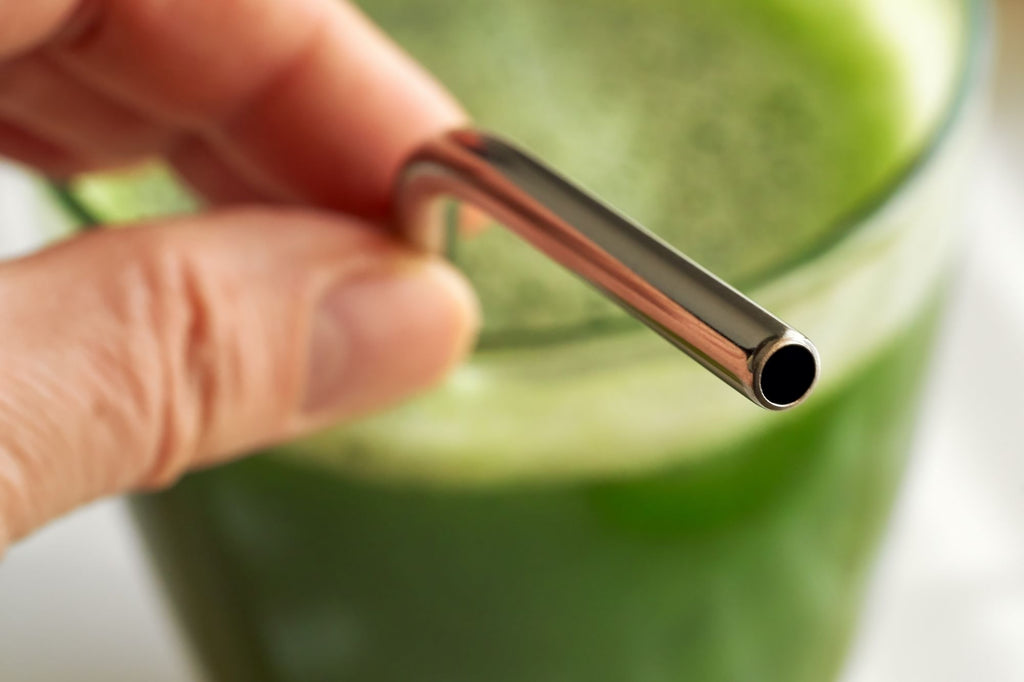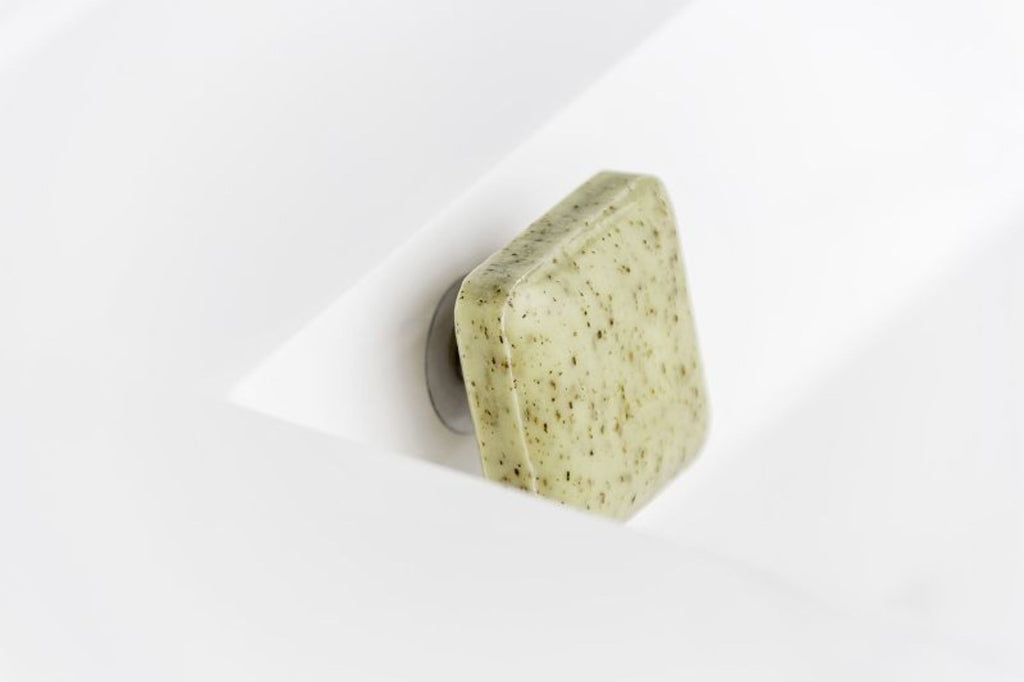1. Introduction
Adopting a zero waste kitchen is a great way to reduce your ecological footprint and promote sustainable practices. By replacing disposable products with reusable alternatives and reducing food waste, you can make a significant contribution to protecting the environment.

2. Summary
- Introduction
- The problems of traditional cuisines
- Zero waste alternatives for each product category
- Practical tips for a zero waste kitchen
- Zero waste recipes for ecological cooking
- FAQs on zero waste cooking
- Conclusion

3. The Problems of Traditional Cuisines
Food waste
In traditional kitchens, food waste is a major problem. Consumers tend to overbuy, prepare portions that are too large and throw away uneaten food scraps. This not only contributes to the waste of valuable food resources, but also to environmental pollution.
Plastic Packaging
Another common problem in traditional kitchens is the excessive use of plastic packaging. Individually packaged food products, plastic bags for fruits and vegetables, and disposable food packaging all contribute to the production of plastic waste. This packaging has a negative impact on the environment by polluting the oceans, affecting marine wildlife and contributing to the growing problem of plastic pollution.
Energy consumption
Traditional kitchens can also be energy inefficient. Using large appliances such as refrigerators, ovens and dishwashers uses a lot of energy, resulting in a high carbon footprint. Additionally, excessive use of water for washing dishes and food preparation can also contribute to the waste of natural resources.
Lack of Awareness
Finally, the lack of awareness of environmental issues related to traditional culinary practices poses a challenge. Many consumers are unaware of the impact of their eating habits on the environment and do not adopt sustainable practices in their kitchen. It is therefore essential to educate and raise awareness among individuals about the benefits of zero waste and eco-friendly cooking.

4. Zero waste alternatives for each product category
Reusable bags and containers
Replace plastic bags with reusable cotton bags for shopping. Use glass or stainless steel containers to store your food.
Ecological cleaning products
Make your own cleaning products with natural ingredients like vinegar, baking soda and lemon. You can also purchase certified eco-friendly cleaning products.
Sustainable kitchen utensils
Opt for kitchen utensils made from bamboo, wood or stainless steel rather than disposable plastics. These materials are durable and environmentally friendly.

5. Practical tips for a zero waste kitchen
Composting
Compost your food waste to reduce the volume of waste sent to landfill. Compost can also be used as a natural fertilizer for your garden.
Meal planning
Plan your meals in advance to avoid food waste. Make a precise shopping list and only buy what you need.
Bulk purchase
Buy in bulk to reduce unnecessary packaging. Bring your own containers when shopping at bulk stores.

6. Zero waste recipes for ecological cooking
Homemade vegetable broth
Use leftover vegetables to make homemade vegetable stock. You can freeze the broth in reusable containers to use later.
Jams and preserves
Prepare jams and preserves with seasonal fruits to avoid waste. Use reusable glass jars to store your creations.

7. FAQs on zero waste cooking
What are the first steps for a zero waste kitchen?
Start by replacing disposable products with reusable alternatives and compost your food waste. Plan your meals to reduce waste.
Are zero waste products more expensive?
Although some zero waste products may have a higher initial cost, they are often more economical in the long run due to their sustainability.

8. Conclusion
Adopting a zero waste kitchen is a beneficial approach for the environment and your wallet. By following our advice and using sustainable alternatives, you can significantly reduce your waste and contribute to a greener lifestyle. Don't wait any longer and start your transition to a zero waste kitchen today!


